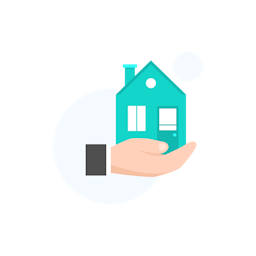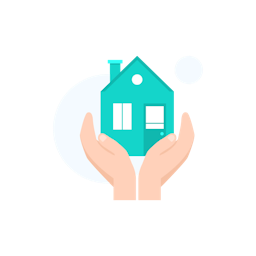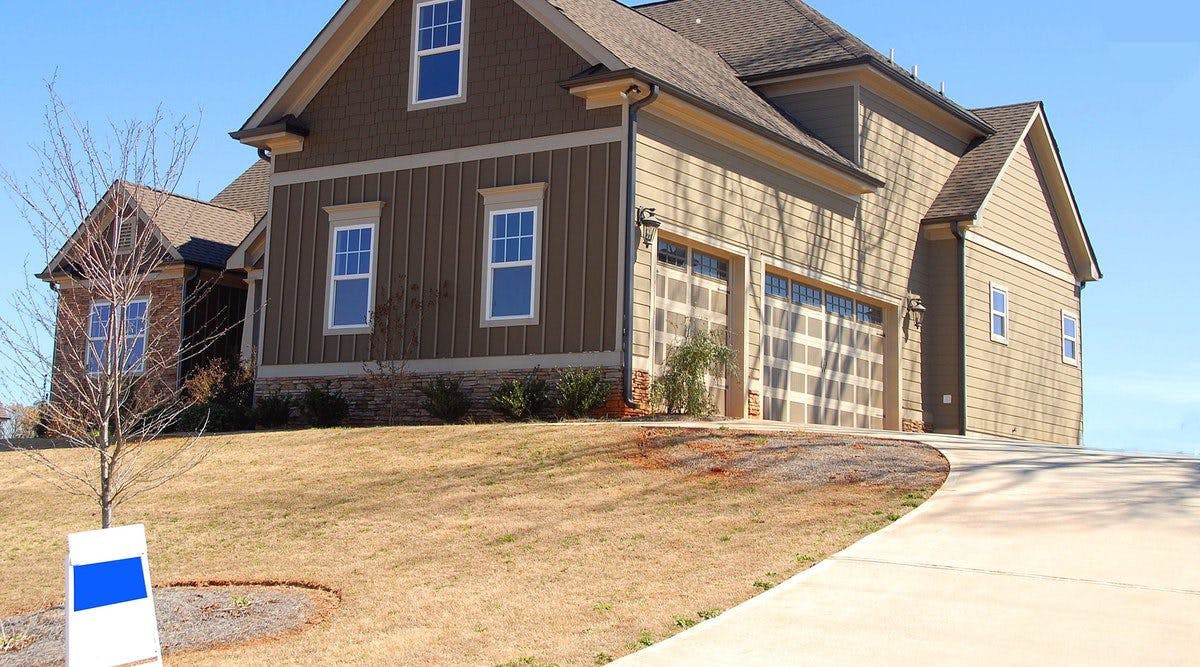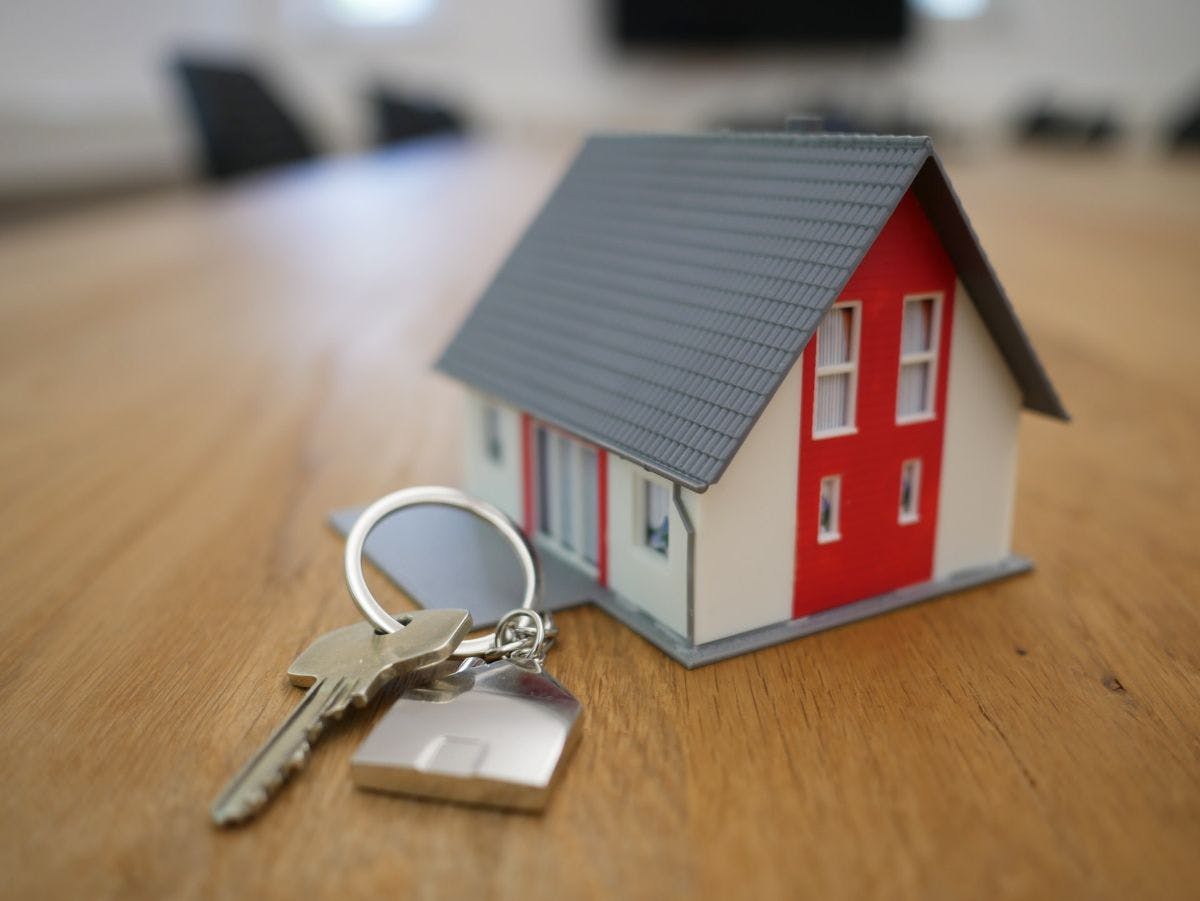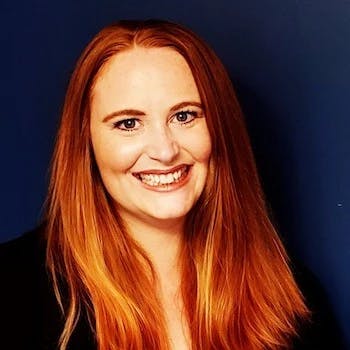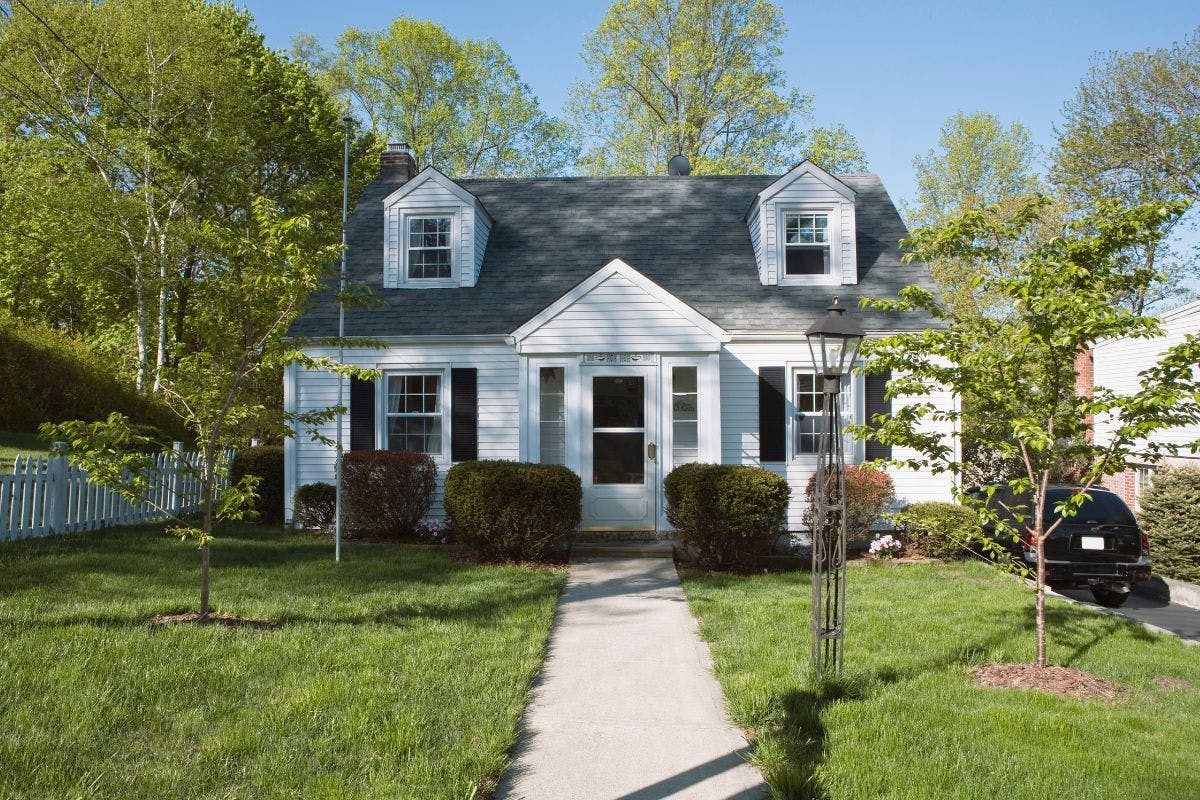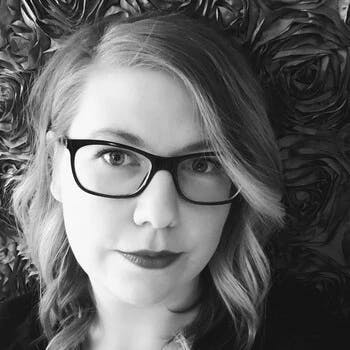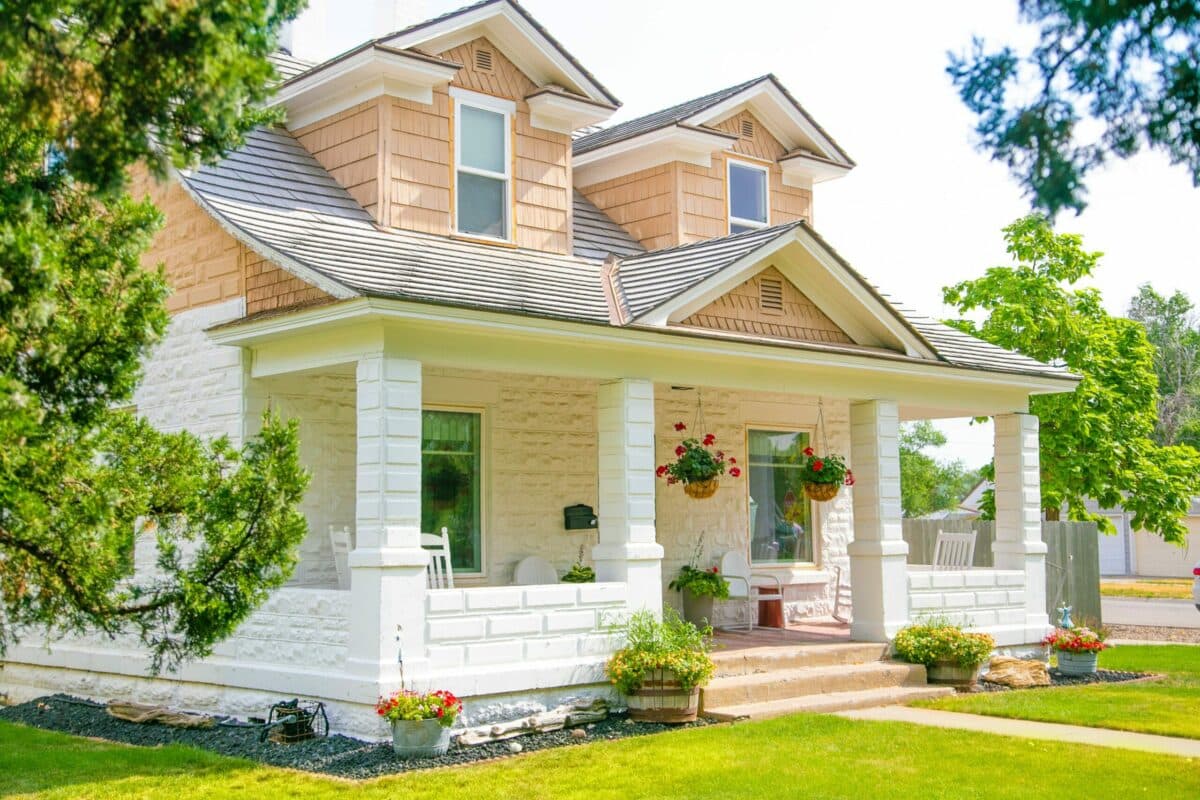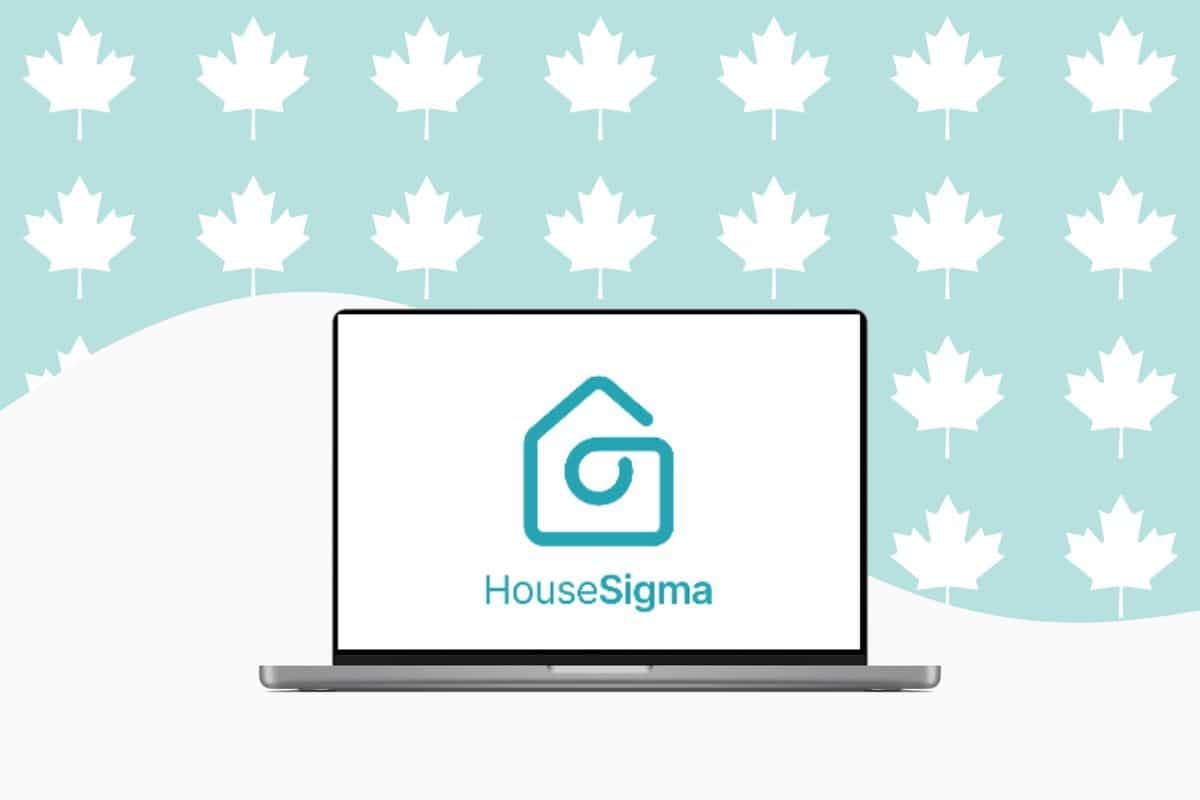Mortgage
If you want to learn about mortgage loans in Canada, interest rates, mortgage lenders, down payments, and payment terms, then you've come to the right place.
Popular article about mortgages

The 10 Best Real Estate Apps For Canadians Looking for a House
Arthur Dubois - 11 Jan 2024

How to Sell a House Without a Realtor in Canada in 10 Simple Steps
Arthur Dubois - 08 Jun 2023

What is the Smith Maneuver? The Ultimate Guide for Canadians
Arthur Dubois - 26 Jul 2023

How to Get a Mortgage with a Guarantor in Canada
Arthur Dubois - 26 Jul 2023
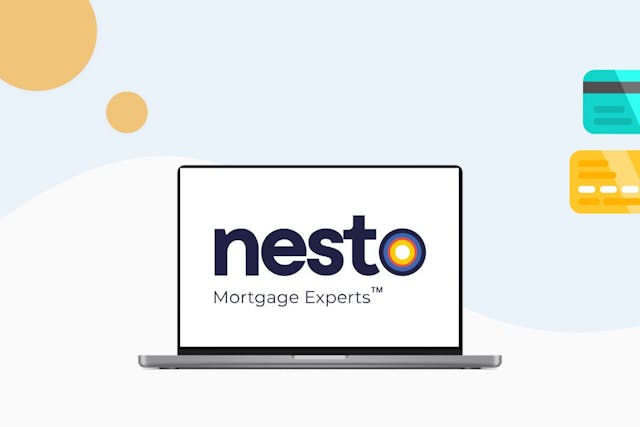
Nesto Mortgage Review : A Major Breakthrough in Online Lending
Amanda Rogers - 01 Aug 2023

Mortgage Prepayment Options: The Pros And Cons
Heidi Unrau - 27 Jul 2023
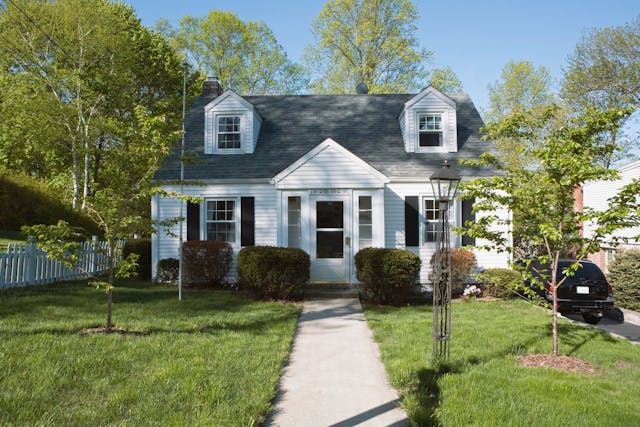
FHSA: From Account Opening to Home Purchase
Maude Gauthier - 06 Jun 2024
Frequently asked questions about mortgages
What is a subprime mortgage?
A subprime mortgage is a mortgage issued to borrowers with less than average or even bad credit. These mortgages for people with a less than stellar credit history typically come with a higher price tag in the form of higher interest rates to compensate lenders for the extra risk they are taking. The definition of a good credit score varies from lender to lender. However, in general, any score above 650 is considered to be good while a score below 550 will likely put you in the subprime category.
